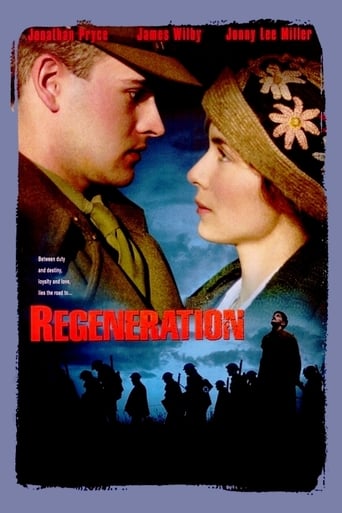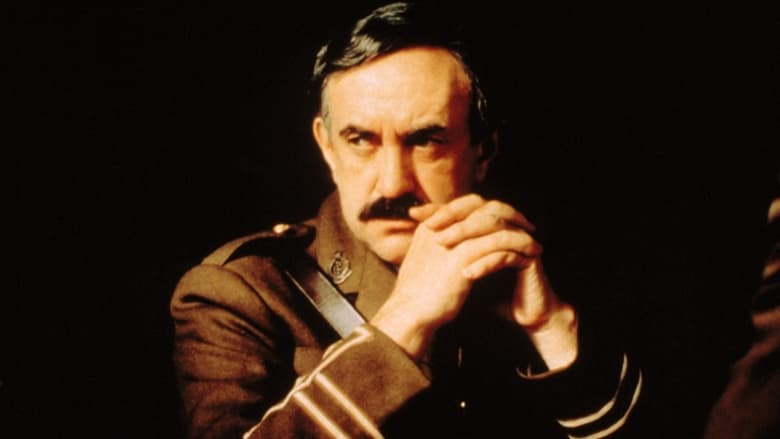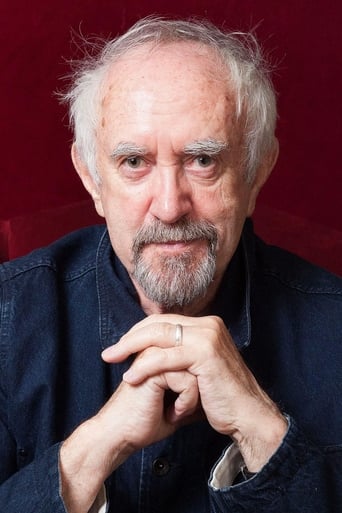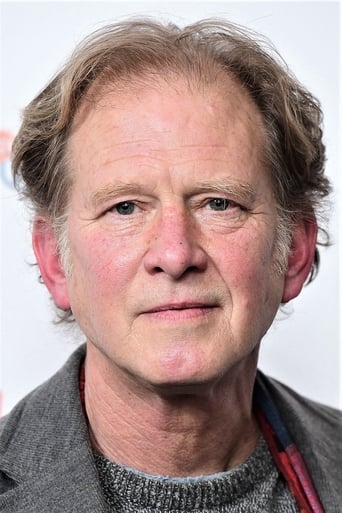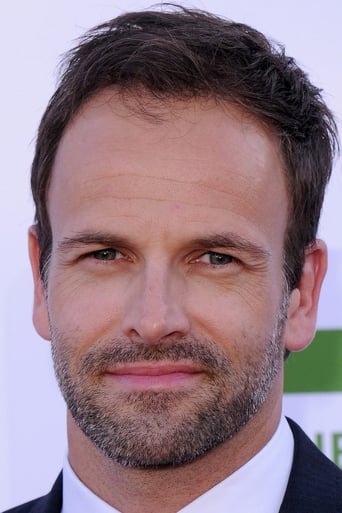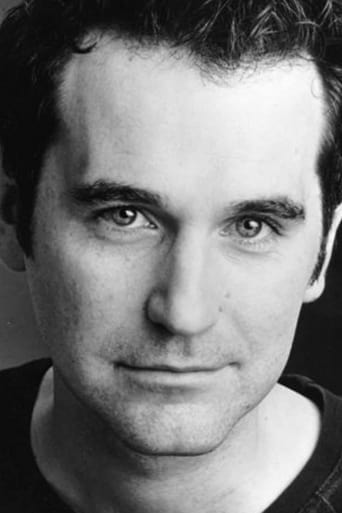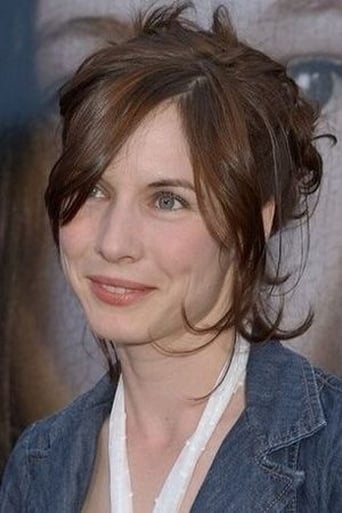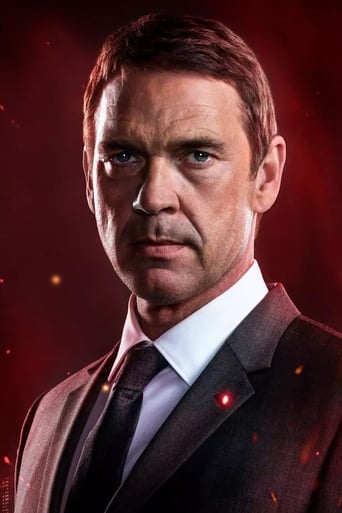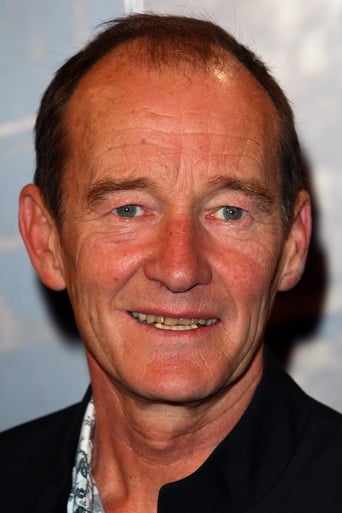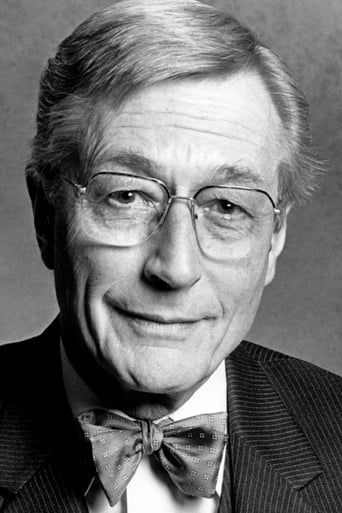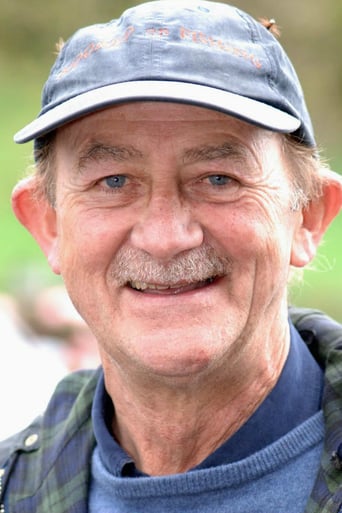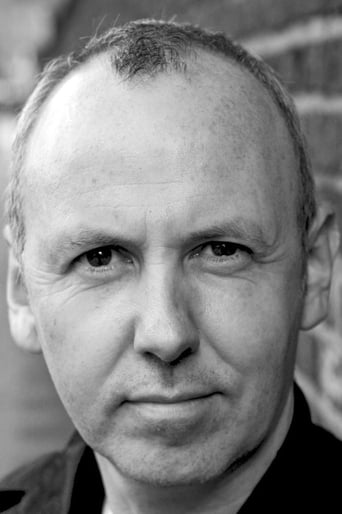Wilfred Owen and Siegfried Sassoon, two of England's most important World War I poets are sent, along with other traumatized combatants, to a rest home in order to treat their emotional troubles, caused by the psychological fatigue that suffer the soldiers fighting in the no man's land.


Similar titles
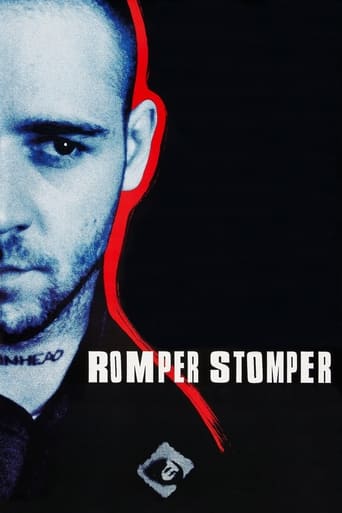
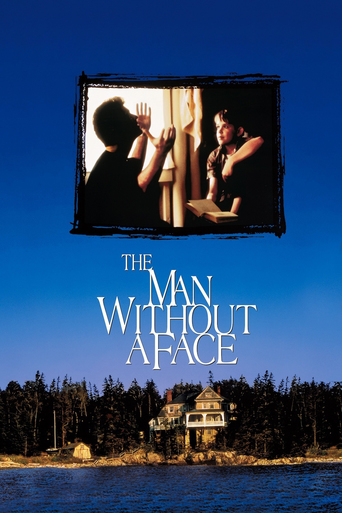
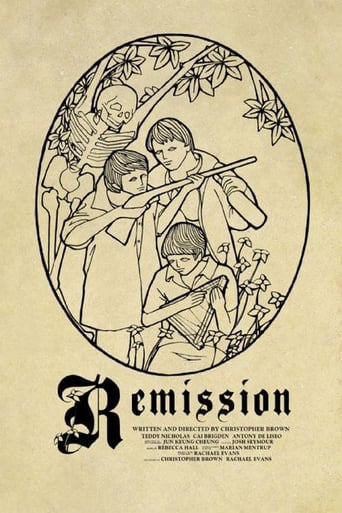
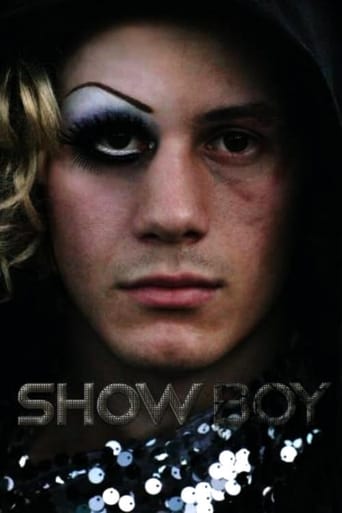
Reviews
The War Poets have become a key part of the way in which World War I is remembered in Britain. There have been famous poems about other wars, but most of these (such as Tennyson's "Charge of the Light Brigade") were written by civilians who took no part in the fighting. The poems by which we remember WW1, however, were nearly all written by serving front-line soldiers, a number of whom were to be killed. Some of these poems have acquired a semi-official status; lines from Lawrence Binyon's "For the Fallen", for example, are regularly read out at Armistice Day ceremonies. (It would be interesting to speculate why virtually no poems from World War II have achieved a similar status)."Regeneration" tells the story of the 1917 meeting of two of the most famous War Poets, Siegfried Sassoon and Wilfred Owen. They met at Craiglockhart War Hospital, a psychiatric hospital in Scotland, set up to treat officers suffering from "war neurosis" and other forms of mental trauma. Although he is a patient in the hospital, Sassoon is neither mentally nor physically ill. He has been sent to Craiglockhart because he has published a letter in "The Times" attacking the war and declaring that he will take no further part in it. Although he could be court-martialled for this act of defiance, the army top brass have decided that such a course of action would be too controversial and would bring them too much unwelcome publicity. It is far easier to try and convince the world that Sassoon's protest is the result of mental instability.The two other important characters in the film are a third patient at the hospital, the fictitious Billy Prior, and Dr. William Rivers, another real individual. Prior is an officer, but is not drawn from the traditional officer class; his strong Northern accent betrays his working-class origins. (During World War I, in which junior officers were being killed at a faster rate than enlisted men, it was quite common for soldiers to be promoted from the ranks). Unlike Sassoon, Prior is suffering from quite genuine mental disturbance, brought on by a particularly traumatic experience, and has lost the ability to speak. Nevertheless, he is anxious to return to duty, motivated less by patriotism than by the need to prove himself. It comes as a great disappointment when the Army Medical Board eventually certifies him as fit to serve, but only on "home service", not in the trenches.Dr. Rivers is the psychiatrist treating Sassoon, Prior and Owen. In some ways he seems a very modern figure. Unlike some of his fellow doctors he sees his patients not as cowards, weaklings or malingerers but as brave, wounded men who deserve the same compassion and healing as those suffering from physical wounds or illnesses. His method of treating his patients is to encourage them to talk about their experiences, hoping thereby to discover the cause of their traumas. He also encourages Sassoon and Owen to write poetry as a form of therapy. He barely manages to conceal his disdain for another doctor who treats traumatised soldiers using painful electric shock therapy.In another respect, however, Rivers is very much a figure of his time. He is no pacifist but a commissioned officer in the Army Medical Corps, and a patriot who believes implicitly in the moral rightness of the Allied cause. He hopes to heal the men under his care not just for their own sake but also to make them fit again to serve King and country. His political views therefore bring him into conflict with Sassoon, although he always remains respectful in dealing with him.The blond, blue-eyed James Wilby might have seemed an odd choice to play the dark-haired Sassoon who was of Iraqi Jewish descent on his father's side. (Despite having the name "Siegfried" he had no German ancestry). In other respects, however, he seemed ideal. If Helena Bonham Carter was Britain's Queen of period drama during the late eighties and nineties, Wilby was the King, generally specialising in playing sensitive young men from upper-class backgrounds- the boorish, insensitive Charles Wilcox in "Howard's End" was something of an exception- and Sassoon certainly falls into this category. Wilby plays him as a man torn between two convictions, his firm belief that the war is morally unjust and his growing sense that, regardless of the justice or injustice of the war, he has a moral obligation to rejoin his men in the trenches.All the main roles, in fact, are superbly played. There are also excellent performances from Stuart Bunce as Owen and Jonny Lee Miller as Prior, although in my view the best comes from Jonathan Pryce as Rivers, a humane and intelligent man struggling to reconcile his patriotic belief in his country's cause with his distress at the all too obvious suffering caused by the war.The film is also very well directed by Gillies MacKinnon. The main part of the story mostly takes place during the autumn and early winter of 1917, and the Craiglockhart scenes are appropriately autumnal, with a sombre yet peaceful tone reminiscent of Millais' great Scottish landscapes. Contrasting with these are a number of grim, grey flashbacks to the fighting in the trenches.This film appeared in 1997, the same year as another, much more hyped, film, "Saving Private Ryan". The battle scenes in Spielberg's film are certainly visually stunning, but of the two I would certainly prefer "Regeneration". Spielberg does not really tell us anything new about war, whereas MacKinnon's film manages to find a new angle- the cost of war in terms of mental suffering- and deals with its theme in a humane, compassionate and moving way. 8/10
The book by Pat Barker (which I read as part of my present AS Level English literature course) is a very good one, very poignant at times,but there are some chapters that get a bit wordy and it gets quite complicated. In my opinion, I think the film Regeneration is outstanding, with wonderful performances, and fairly true to the book. True, Burns' encounter with the animals was done at the beginning, in alternative to halfway through the first part of the book, but either way, it would have had a big effect on me, and I thought personally that scene was a lot more disturbing in the film. The music is sensitive and very beautiful, and the direction is nothing short of solid. The cinematography is absolutely fabulous, and very realistic. Regeneration offers a different perspective of war, instead of the horrific realities conveyed in poems from Owen and Sassoon (referenced in the film), and in books like Birdsong, Regeneration concentrates on the mental and psychological effects on the soldiers sent to Craiglockhart. The result is a sometimes moving but always thought provoking account of the first world war. The performances were brilliant, especially Jonathan Pryce as the methodical but fairly sensitive Rivers. Also impressive was Johnny Lee Miller as Prior, and James Wilby as Sassoon, creating very harsh but somewhat likable characters. The exploration of other themes like role of women and politics were well developed but never interfered with the true focus of the film. All in all, a moving, intelligent and thoughtful account of the first world war, not only inferring the harsh realities but also conveying the physical, mental and spiritual consequences of the soldiers. 10/10 Bethany Cox.
War is hell and in many ways " The Great War " has had an effect on the British psyche not a million miles removed from the way Jews see the holocaust . It killed British idealism and has made the Brits Euro-phobic or at least Eurosceptic which is a testament to the years 1914 to 1918 . Indeed war is hell but unfortunately Gilles MacKinnon does the impossible and overstates the horrors of the conflict . " Overstates ! How is that possible Theo ? " . Look at the bizarre opening when young British soldiers wail like banshees amongst dead German counterparts as the camera comes to stop on a couple of Tommies having a brew . Are we in a British trench ? If so then why aren`t the stretcher bearers rushing to help the screaming troops ? Are we in no mans land ? If so how can British soldiers brew tea without the fear of German snipers ? Do you see the point I`m making ? The director ignores logic by painting grotesque pictures as to the horrors of war . War is hell but any movie director overstating the case does the dead a disservice , an image is only haunting if it makes sense and this kind of juxtaposition does not make sense I didn`t like REGENERATION , it`s stagey , melodramatic , too talkey and I`m at a loss if the director , screenwriter or author of the original novel should be blamed . I`m also at a loss to explain blatent homo erotic overtones in movies featuring the first world war , REGENERATION is full of them as was the later British film THE TRENCH If you want a taste of the conflict that killed British idealism I recommend you ignore REGENERATION ( And THE TRENCH ) and watch the 1960s BBC documentary THE GREAT WAR
This film is not too bad. Although I did not enjoy most of the film too much, there were certain scenes which were definitely worth while. My favorite scenes were the war scenes, the scenes with Sassoon (especially the ones with poetry) and the last scene. As a result of this film, I must really urge you to read some of Sigfried Sassoons work and also some of Owen's. I read some in school and I found that some of their work is really fantastic. 6,5 out of 10
